Boating enthusiasts and boat owners alike often wonder how much fuel their boat uses per hour.
The answer to the question of how much fuel does a boat use is not straightforward, as fuel consumption can vary depending on several factors. Boat size, weight, engine type, and speed are just a few examples of the variables that can affect fuel usage.
Understanding how much fuel a boat uses per hour is crucial for boaters who want to plan their trips and budget accordingly. Furthermore, knowing how to calculate fuel consumption can help boaters make informed decisions when shopping for a new boat or engine.
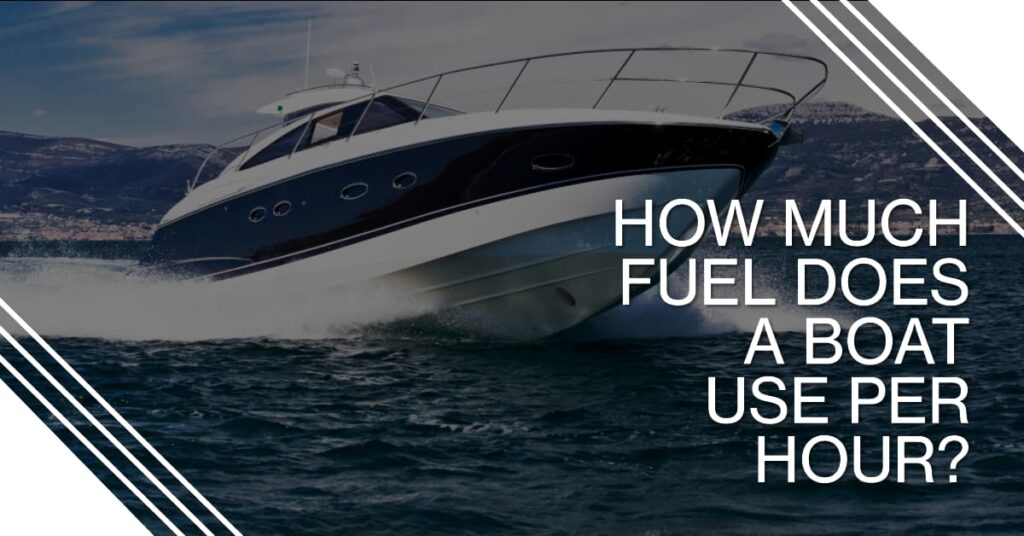
In this article, we will explore the factors that influence fuel consumption in boats and provide tips on how to estimate fuel usage. By the end of this article, readers will have a better understanding of how much fuel their boat uses per hour and how to optimize their fuel consumption.
Understanding Fuel Consumption in Boats
Boat fuel consumption can vary significantly depending on various factors. Understanding these factors is crucial to estimate how much fuel a boat will consume in a given period. This section will discuss some of the critical factors that affect fuel consumption and how to calculate it.
Factors Affecting Fuel Consumption
- Boat Type and Size: The type and size of the boat have a significant impact on fuel consumption. Smaller boats tend to consume less fuel than larger boats. For example, a 20-foot boat will consume less fuel than a 40-foot boat with the same engine.
- Engine Type and Size: The type and size of the engine also play a crucial role in fuel consumption. A larger engine will consume more fuel than a smaller engine, even if both are of the same type. Gasoline engines tend to consume more fuel than diesel engines.
- Weight: The weight of the boat and its load can affect fuel consumption. A heavier boat will require more fuel to move than a lighter boat.
- Speed: The speed at which the boat is traveling can significantly impact fuel consumption. Boats that travel at higher speeds tend to consume more fuel than boats that travel at lower speeds.
- Weather and Water Conditions: Weather and water conditions can affect fuel consumption. Boats traveling against the tide or in rough water will consume more fuel than boats traveling with the tide or in calm water.
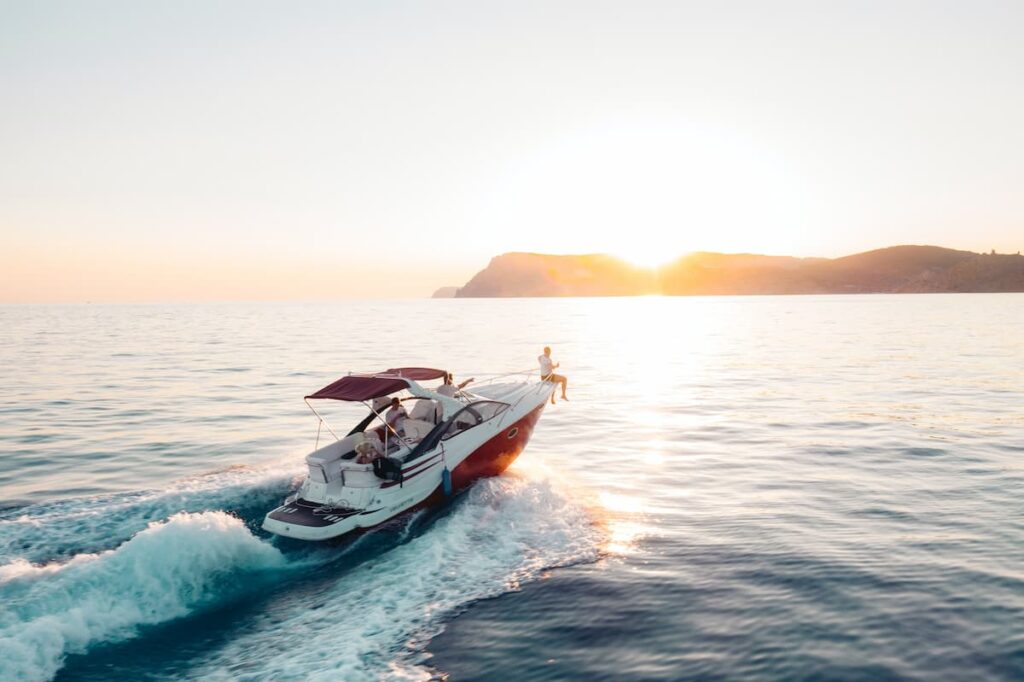
Calculating How Much Fuel Does a Boat Use Per Hour
To calculate fuel consumption, you need to know the fuel burn rate of the engine. The fuel burn rate is the amount of fuel the engine consumes per hour. You can calculate the fuel burn rate by dividing the engine’s horsepower by the fuel consumption rate.
For example, if an engine has a horsepower of 100 and consumes 10 gallons of fuel per hour, the fuel burn rate would be 10/100, which is 0.1 gallons per horsepower per hour.
Once you know the fuel burn rate, you can estimate how much fuel the boat will consume in a given period. For example, if the boat travels at a speed of 20 knots and has a fuel burn rate of 0.1 gallons per horsepower per hour, and the engine has 200 horsepower, the boat will consume 20 gallons of fuel per hour.
In conclusion, understanding fuel consumption in boats requires knowledge of several critical factors, including boat type and size, engine type and size, weight, speed, and weather and water conditions. Calculating fuel consumption involves determining the fuel burn rate of the engine and estimating how much fuel the boat will consume in a given period.
Types of Boats and Their Fuel Consumption
When it comes to fuel consumption, different types of boats have different requirements. Factors such as the boat’s size, weight, and speed all play a role in determining how much fuel it will consume per hour. Here are some common types of boats and their typical fuel consumption rates.
Fishing Boats
Fishing boats are typically smaller and slower than other types of boats, which means they use less fuel. On average, a fishing boat will use between 3 and 8 gallons of fuel per hour at cruising speed.
Pontoon Boats
Pontoon boats are popular for leisurely cruising and entertaining. They are larger than fishing boats and have a flat bottom, which makes them more stable. However, this also means they use more fuel. A pontoon boat will typically use between 5 and 15 gallons of fuel per hour at cruising speed.
Bass Boats
Bass boats are designed for fishing and are typically smaller and faster than other types of boats. They are also more fuel-efficient, using between 3 and 6 gallons of fuel per hour at cruising speed.
Center Console Boats
Center console boats are versatile and can be used for fishing, cruising, and water sports. They are larger than bass boats and typically use between 10 and 20 gallons of fuel per hour at cruising speed.
Cabin Cruiser Boats
Cabin cruiser boats are designed for overnight trips and have a cabin with sleeping quarters and a bathroom. They are larger and heavier than other types of boats, which means they use more fuel. A cabin cruiser boat will typically use between 20 and 30 gallons of fuel per hour at cruising speed.
Bowrider Boats
Bowrider boats are popular for water sports and leisurely cruising. They are typically smaller than cabin cruiser boats but larger than fishing boats. A bowrider boat will typically use between 5 and 15 gallons of fuel per hour at cruising speed.
Overall, the fuel consumption of a boat depends on various factors such as boat size, weight, and speed. Understanding the fuel consumption of different types of boats can help you make an informed decision when choosing a boat that meets your needs while minimizing your fuel costs.
Engine Size and Power
Understanding Horsepower
When it comes to boat engines, horsepower is a crucial factor in determining how much fuel a boat will consume per hour. Horsepower is a measure of the engine’s power output, and it directly affects the speed and performance of the boat. The more horsepower an engine has, the faster the boat will go, but it will also consume more fuel.
How Engine Size Affects Fuel Consumption
Another important factor that affects fuel consumption is the engine size. The size of the engine is measured in horsepower, and it can range from small outboard motors with 9.9 hp to large inboard engines with over 300 hp. In general, larger engines consume more fuel than smaller engines, but they also provide more power and speed.
The type of engine is also important when it comes to fuel consumption. Two-stroke engines are known to be less fuel efficient than four-stroke engines, but they are also lighter and provide more power. Four-stroke engines, on the other hand, are more fuel efficient and produce less emissions, but they are heavier and provide less power.
The weight of the boat and the drag created by the hull also play a role in fuel consumption. Heavier boats require more power to move through the water, which means they will consume more fuel. Boats with a sleek, streamlined hull design will create less drag and require less power to move through the water, resulting in lower fuel consumption.
Here is a table that shows the average fuel consumption for different engine sizes:
| Engine Size | Fuel Consumption (Gallons per Hour) |
|---|---|
| 9.9 hp | 0.5 – 1.5 |
| 15 hp | 0.75 – 2 |
| 20 hp | 1 – 3 |
| 25 hp | 1.5 – 3.5 |
| 40 hp | 2.5 – 6 |
| 50 hp | 3 – 7 |
| 60 hp | 3.5 – 8 |
| 75 hp | 4 – 10 |
| 90 hp | 5 – 12 |
| 115 hp | 6 – 15 |
| 175 hp | 10 – 25 |
| 200 hp | 12 – 30 |
| 225 hp | 14 – 35 |
| 250 hp | 16 – 40 |
| 300 hp | 20 – 50 |
It’s important to note that these numbers are just averages, and actual fuel consumption will depend on a variety of factors, including boat weight, hull design, and weather conditions.
Cruising Speed and Fuel Efficiency
Understanding Cruising Speed
Cruising speed is the speed at which a boat travels comfortably and efficiently. It is important to understand that cruising speeds vary depending on the type of boat, weather conditions, water conditions, and the number of passengers on board. In general, most boats have a cruising speed of around 20-30 knots.
When a boat is traveling at its cruising speed, it is operating at its most efficient fuel consumption rate. Going faster than the cruising speed can result in a significant increase in fuel consumption. On the other hand, going slower than the cruising speed can also result in increased fuel consumption as the boat struggles to maintain speed.
How to Optimize Fuel Efficiency
To optimize fuel efficiency, it is important to find the ideal cruising speed for your boat. This can be done by conducting a fuel consumption test. Take a piece of paper and make a table, or use a spreadsheet, listing out the rpm, speed in mph, and amount of fuel burned per hour, or gph. Divide the speed by the gph, and you’ll get mpg.
To further optimize fuel efficiency, consider the following tips:
- Reduce weight on board: The more weight on board, the more fuel the boat will consume. Remove any unnecessary items to reduce weight.
- Maintain the boat: A well-maintained boat will operate more efficiently and consume less fuel.
- Adjust trim: Adjusting the trim of the boat can help reduce drag and increase fuel efficiency.
- Monitor weather and water conditions: Rough weather and choppy waters can cause the boat to consume more fuel. Avoid these conditions when possible.
In conclusion, understanding cruising speed and optimizing fuel efficiency can help reduce fuel consumption and save money. Conducting a fuel consumption test and following these tips can help you find the ideal cruising speed for your boat and reduce fuel consumption.
Fuel Costs and Maintenance
Boat ownership comes with a set of responsibilities that extend beyond simply enjoying the water. One of the most significant factors to consider is the cost of fuel and maintenance.
Calculating Fuel Costs
Fuel costs are a significant expense for boat owners, and calculating them can be challenging. The amount of fuel a boat uses per hour depends on several factors, including the size and weight of the vessel, the type of engine, and the speed at which it is traveling.
Boat owners can use a fuel consumption calculator to estimate how much fuel their vessel will consume based on these factors. It is important to remember that fuel prices can vary depending on the marina and the type of fuel used.
Fuel-Efficient Boats
Fuel-efficient boats are becoming increasingly popular among boat owners due to the cost savings they offer. These boats are designed with fuel efficiency in mind and typically have smaller engines that consume less fuel.
Boat owners can also take steps to make their vessels more fuel-efficient, such as reducing their speed, maintaining their engines, and properly inflating their tires.
Maintenance Tips
Proper maintenance is crucial for keeping a boat in good working condition and minimizing fuel costs. Boat owners should regularly inspect their vessels for any signs of wear and tear and address any issues promptly.
Regular engine maintenance, such as oil changes and filter replacements, can also help improve fuel efficiency and reduce the risk of breakdowns. Boat owners should also ensure that their boats are properly cleaned and stored to prevent damage from the elements.
In conclusion, fuel costs and maintenance are significant expenses for boat owners to consider. By calculating fuel costs, investing in fuel-efficient boats, and practicing proper maintenance, boat owners can minimize their expenses and enjoy their vessels for years to come.
Frequently Asked Questions
What is the average fuel consumption for a boat per hour?
The average fuel consumption for a boat per hour varies depending on several factors such as the size and type of the boat, the engine’s horsepower, and the speed at which the boat is traveling. As a general rule of thumb, a small boat with a 25-horsepower engine can consume around 2-3 gallons of fuel per hour, while a larger boat with a 200-horsepower engine can consume around 20-30 gallons of fuel per hour.
How do I calculate fuel usage for a boat trip?
To calculate fuel usage for a boat trip, you need to know the boat’s fuel consumption rate, the distance to be covered, and the speed at which you will be traveling. You can use an online fuel consumption calculator or a fuel flow meter to determine the boat’s fuel consumption rate. Once you have this information, you can estimate how much fuel you will need for your trip.
What is the fuel efficiency of a 26-foot boat?
The fuel efficiency of a 26-foot boat depends on several factors such as the boat’s weight, the engine’s horsepower, and the speed at which the boat is traveling. On average, a 26-foot boat with a 250-horsepower engine can consume around 20-25 gallons of fuel per hour at cruising speed.
How much fuel does a 50-foot boat use per hour?
The amount of fuel a 50-foot boat uses per hour depends on several factors such as the boat’s weight, the engine’s horsepower, and the speed at which the boat is traveling. On average, a 50-foot boat with a 500-horsepower engine can consume around 50-60 gallons of fuel per hour at cruising speed.
How much diesel fuel is consumed per horsepower?
On average, a diesel engine consumes around 0.4 pounds of fuel per hour for each unit of horsepower it produces. For example, a 200-horsepower diesel engine would consume around 80 pounds of fuel per hour.
How far can a boat travel on a full tank of gas?
The distance a boat can travel on a full tank of gas depends on several factors such as the boat’s fuel consumption rate, the size of the fuel tank, and the speed at which the boat is traveling. On average, a boat can travel around 100-200 miles on a full tank of gas. However, this can vary significantly depending on the boat’s size, weight, and engine horsepower.
- Sustainable and Luxurious: Discovering Split’s Yachting Paradise – April 26, 2024
- MarineTraffic vs VesselFinder: Which Is Better Vessel Tracking Service? – February 14, 2024
- Port Costs: A Comprehensive Guide to Port Dues and Fees for Cargo Ships – February 12, 2024


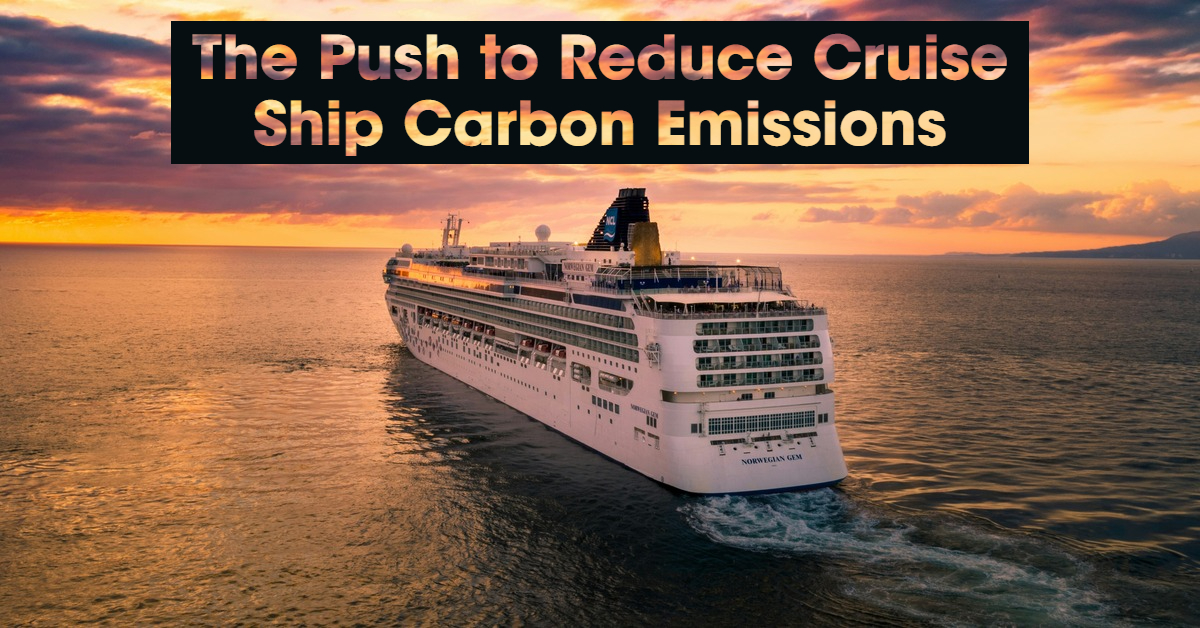
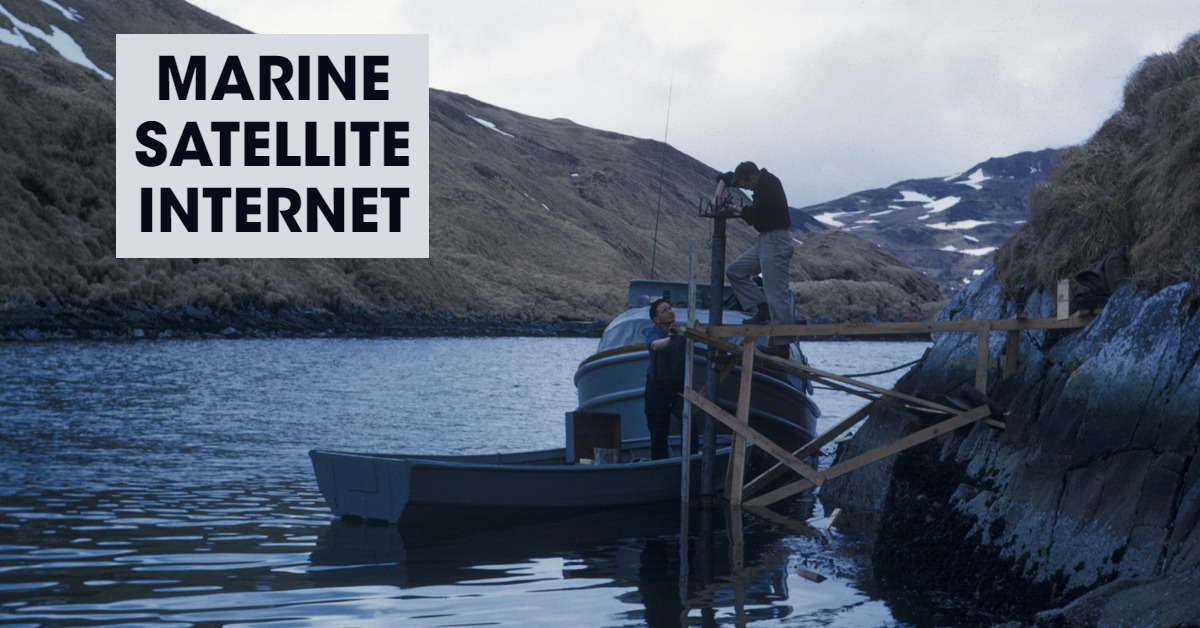
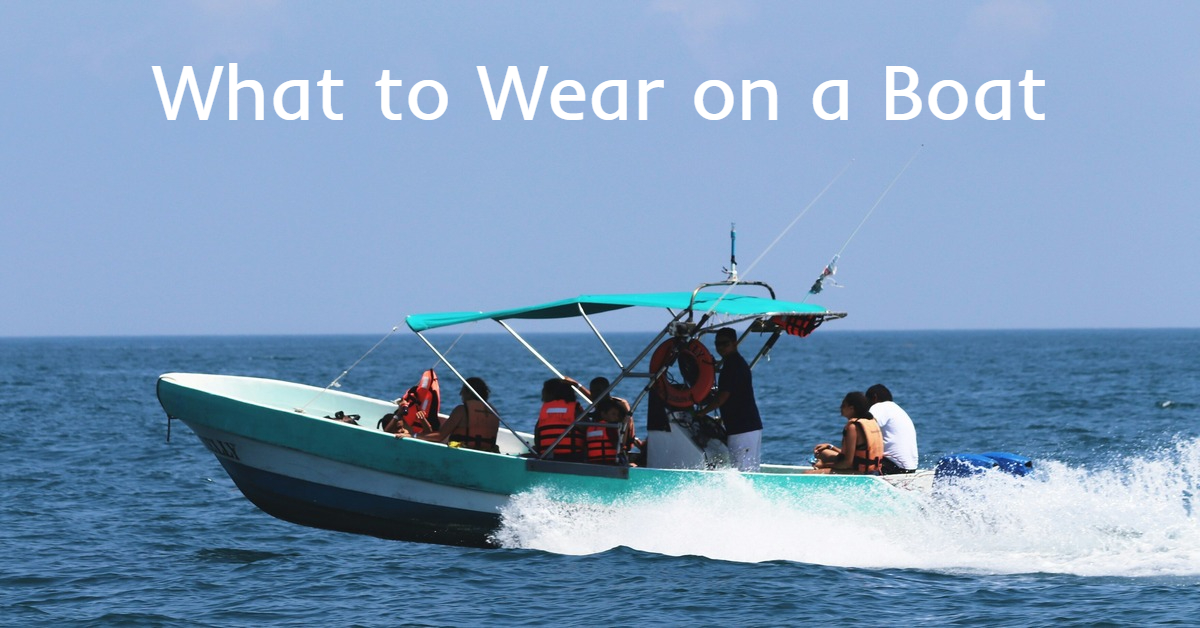
Leave a Reply